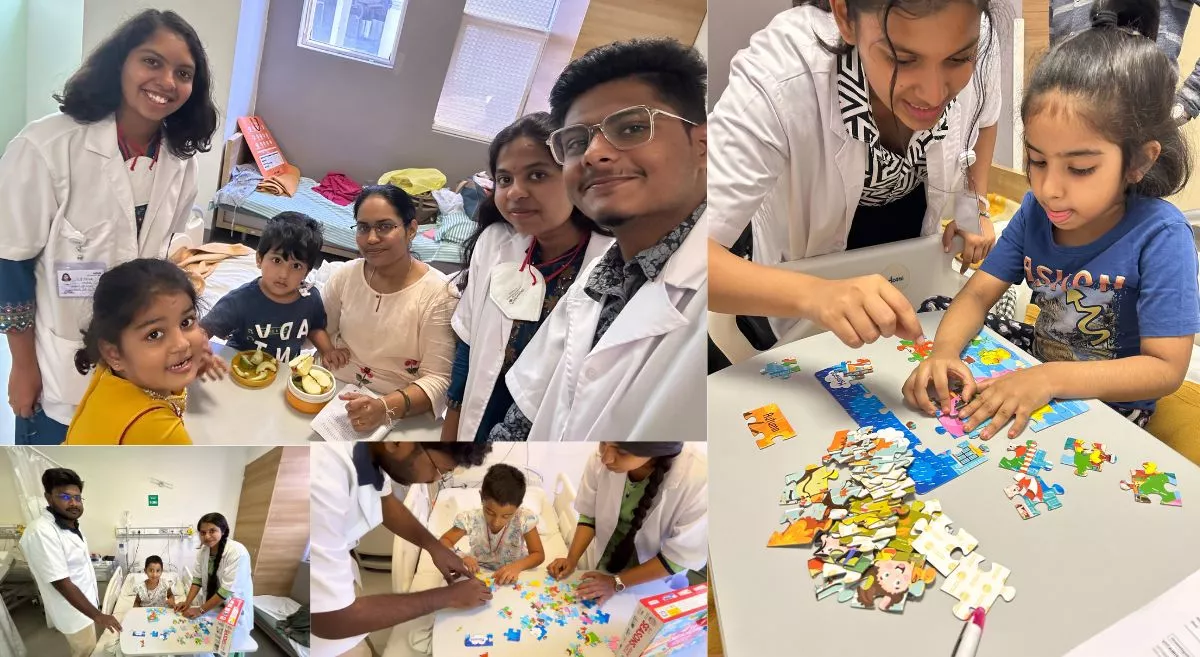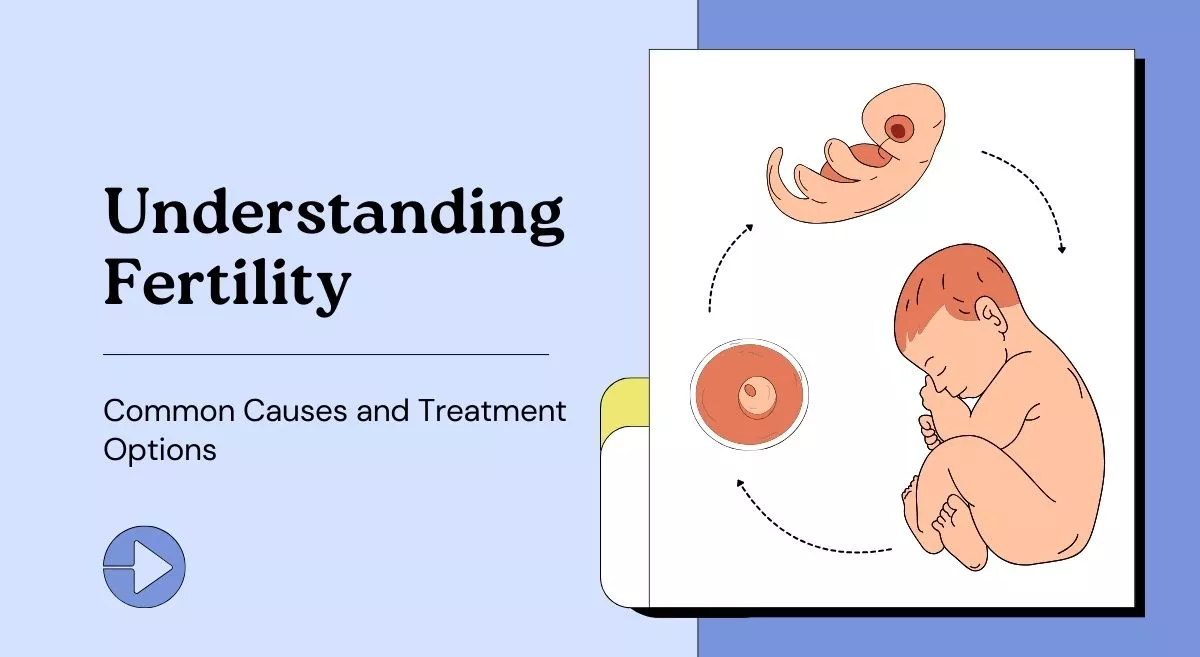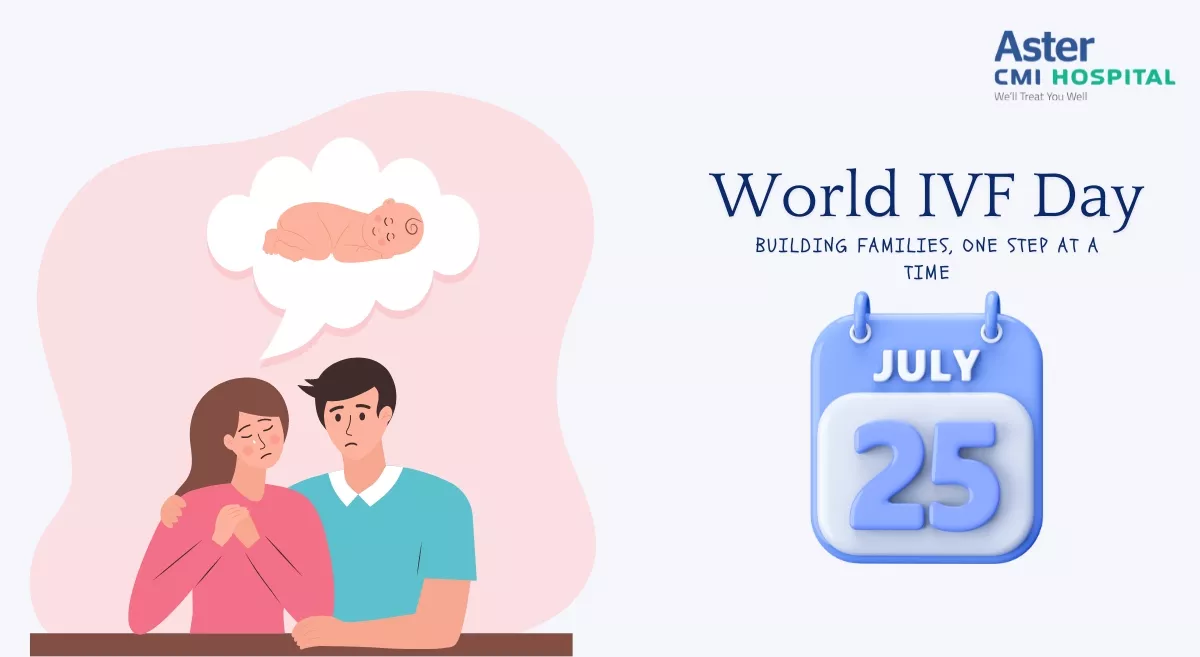Assisted Reproductive Technology (ART) has revolutionised the field of reproductive medicine, providing hope and solutions to those who want to start a family by discovering the possibilities of IVF for infertile couples. One of the most well-known and widely used ART techniques is in-vitro fertilisation (IVF). IVF involves fertilising an egg outside the body with sperm and then transmitting the resulting embryo into the uterus. To fully comprehend IVF, it is essential to recognise the significance of both male and female fertility factors in the process.
Male Fertility and IVF
Male fertility is important in the success of IVF. Male fertility factors such as sperm count and motility can be assessed using evaluation methods such as semen analysis. IVF can treat popular male infertility causes like low sperm count and poor sperm motility. Male fertility can also be affected by smoking and excessive drinking of alcohol. By overcoming these obstacles, IVF provides a solution. Sperm retrieval techniques, such as testicular sperm aspiration or epididymal sperm extraction, allow the use of sperm that would otherwise be inaccessible. IVF success rates in cases of male factor infertility have been encouraging, giving couples struggling with male fertility issues hope.
Female Fertility and IVF
Understanding female fertility factors is also essential during the IVF process. The female reproductive system and the menstrual cycle are important factors in fertility. Female fertility can be affected by factors such as age and hormonal imbalances. Conditions such as blocked fallopian tubes or endometriosis may necessitate IVF. IVF helps avoid certain female infertility factors by fertilising the egg outside the body. Controlled Ovarian stimulation to promote the growth of multiple eggs is followed by egg retrieval in IVF for female fertility. IVF success rates in treating female infertility have been remarkable, providing renewed hope to women facing fertility challenges.
IVF advantages
When compared to other fertility treatments, IVF has numerous advantages. For starters, by directly fertilising the egg and transferring the resulting embryo into the uterus, it increases the chances of conception. IVF is effective in treating many types of infertility, including severe male factor infertility, blocked fallopian tubes, and unexplained infertility. Furthermore, IVF allows for genetic screening and disease prevention through preimplantation genetic testing (PGT). PGT aids in the identification of genetic abnormalities, allowing couples to make informed decisions and reduce the risk of passing on inheritable diseases such as thalassemia to their children.
IVF Side Effects and Risks
- Physical side effects: Physical discomforts such as bloating and injection site reactions may occur during the IVF process. While these side effects are only temporary, they should be noted.
- Emotional and Psychological Consequences: Going through IVF can be an emotional roller coaster. Couples' mental health can suffer as a result of anticipation, hope, and occasional disappointment. To navigate the emotional challenges and maintain overall well-being during the IVF journey, it is critical to seek mental health support.
Choosing the Right Age for IVF
For both men and women, age is an important factor in fertility. Women's fertility declines as they age due to a decrease in egg quantity and quality. Similarly, male fertility declines as one gets older so do the success rates and chances of live birth through IVF. As a result, it is critical to consider the best age range for IVF treatment. Consultation with fertility specialists can provide tailored advice based on your specific circumstances. When determining the appropriate age for IVF, factors such as overall health, medical history, and emotional readiness should be considered. IVF done at the right age can give wonderful results. It is critical to understand that IVF provides hope and possibilities at various stages of life, and seeking professional advice can help you make the right decision.
IVF is not always the last resort to achieve pregnancy, in fact, it has changed the way we approach infertility, giving hope to couples who want to have a child. IIVF has emerged as a trustworthy treatment option for both male and female infertility. The benefits of IVF, such as increased chances of conception and genetic screening, add to its allure. However, it is critical to be aware of the potential physical and emotional effects and risks of IVF and to seek appropriate support throughout the journey. Couples can realise their dream of starting a family with IVF, regardless of the obstacles they face.












